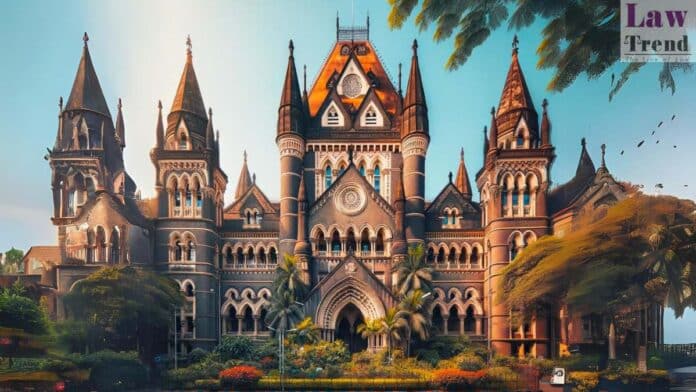In a case reflecting the evolving interpretation of legal provisions concerning modesty and privacy, the Bombay High Court, led by Justice A. S. Gadkari and Justice Neela Gokhale, recently delivered a significant judgment in the case of Joseph Paul De Souza vs. State of Maharashtra (Criminal Writ Petition No. 3480 of 2011). The case revolves
To Read More Please Subscribe to VIP Membership for Unlimited Access to All the Articles, Download Available Copies of Judgments/Order, Acess to Central/State Bare Acts, Advertisement Free Content, Access to More than 4000 Legal Drafts( Readymade Editable Formats of Suits, Petitions, Writs, Legal Notices, Divorce Petitions, 138 Notices, Bail Applications etc.) in Hindi and English.




